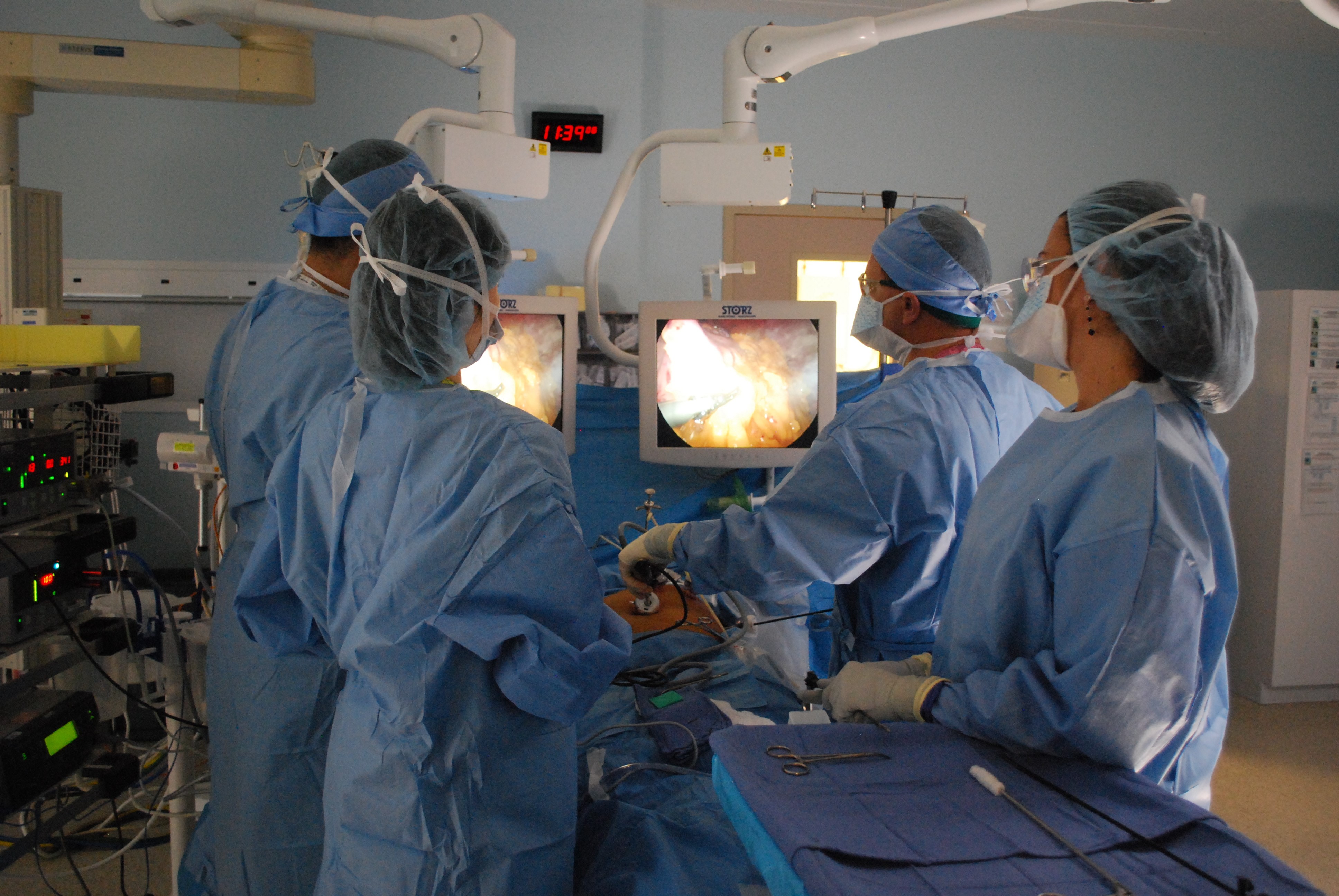 A census carried out in 2010 revealed that 43% of the total population and 63% of Caymanians suffered from diabetes. The problem is a global one – type 2 diabetes is considered “one of the main killers in the world” according to the World Health Organization.
A census carried out in 2010 revealed that 43% of the total population and 63% of Caymanians suffered from diabetes. The problem is a global one – type 2 diabetes is considered “one of the main killers in the world” according to the World Health Organization.
Type 2 diabetes differs from type 1 in that it often results from lifestyle factors and typically has a slow onset, potentially spanning years. This difference also means that it can be possible to slow the progression of the disease down even further, or perhaps even stop it, through lifestyle adjustments.
Diagnosing diabetes on time is difficult until complications occur. Therefore, it is very important to recognize the warning signs to follow an effective treatment. Some of the most common symptoms are: urination, frequent thirst, increased appetite, fatigue, recurrent infections, tingling in the extremities, blurred vision and slow wounds to heal.
In response to this growing epidemic, Cleveland Clinic Florida developed the Bariatric and Metabolic Institute, an all-inclusive surgical weight loss programme that combines clinical skills with patient support.
Dr. Raul Rosenthal, bariatric surgeon and director of the Bariatric and Metabolic Institute of Cleveland Clinic Florida, indicated that approximately half of type 2 diabetics are obese and the best option to manage this disease is with multidisciplinary treatment. This includes the help of endocrinologists, diabetes nurses, nutritionists, as well as specialists from other branches.
“The first step in the treatment consists of modifications in lifestyle, diet and exercise, and substantial weight loss. When the weight loss is not achieved by these efforts then the medication is started. The first line of treatment is oral medications, insulin therapy is usually added later, unless the patient has many symptoms and blood glucose levels are poorly controlled with oral medication,” said the Cleveland Clinic Florida bariatric surgeon.
Dr. Rosenthal also commented on a recent Cleveland Clinic study which showed that the combination of bariatric surgery (surgical procedures to treat obesity) and medication are more effective in improving blood sugar levels in diabetic patients, than only with medicines.
“Our surgeons are highly trained in minimally invasive bariatric and metabolic surgery, using small incision techniques whenever possible. This reduces the risk of complications and generally results in a faster recovery, with less pain and discomfort than a traditional surgery, “concluded the specialist.

